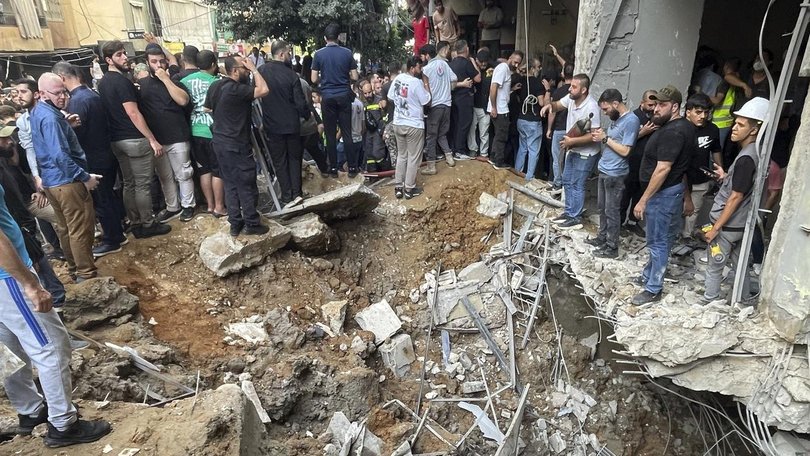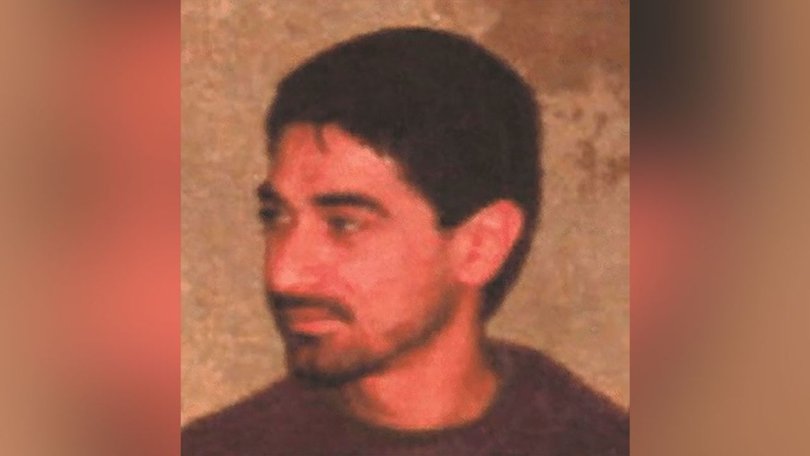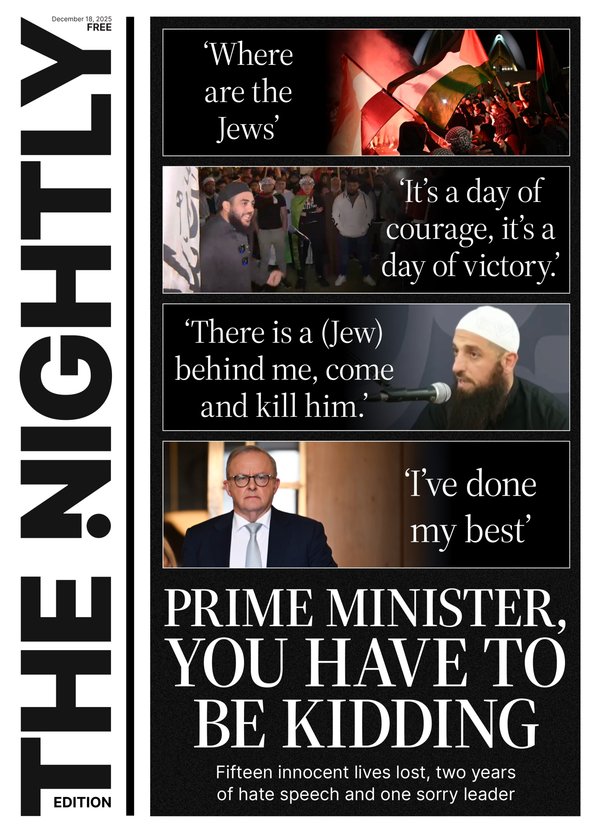Hezbollah commander among 14 killed in Israeli strike

Israel has killed a top Hezbollah commander and other senior figures in the Lebanese movement in an air strike on Beirut, vowing to press on with a new military campaign until it is able to secure the area around the Lebanese border.
The Israeli military and a security source in Lebanon said Ibrahim Aqil had been killed with other senior members of an elite Hezbollah unit in the air strike, sharply escalating the year-long conflict between Israel and the Iran-backed group.
Hezbollah confirmed Aqil’s death early on Saturday, calling him “one of its top leaders”, without providing details of how he died.
Sign up to The Nightly's newsletters.
Get the first look at the digital newspaper, curated daily stories and breaking headlines delivered to your inbox.
By continuing you agree to our Terms and Privacy Policy.Lebanon’s health ministry said at least 14 people died in the strike and the toll was expected to climb.
It was not immediately known whether the toll included Aqil and the other Hezbollah commanders.

Earlier, the ministry said at least 66 people were injured, nine of whom were in critical condition.
A second security source said at least six other Hezbollah commanders died when missiles slammed into the opening of a building’s garage.
The explosion tore into the building’s lower levels as Akil met other commanders inside.
In a brief statement, Prime Minister Benjamin Netanyahu said Israel’s goals were clear and its actions spoke for themselves.
Defence Minister Yoav Gallant, who said this week that Israel is launching a new phase of war on the northern border, posted on X: “The sequence of actions in the new phase will continue until our goal is achieved: the safe return of the residents of the north to their homes.”
Tens of thousands of people have been evacuated from homes on both sides of the Israel-Lebanon border since Hezbollah began firing rockets at Israel in what it says is sympathy with the Palestinians in parallel to the war in Gaza.
Israel, which last fought an all-out war against Hezbollah 18 years ago, has said it will use force if necessary to ensure its citizens can return.
The Israeli military described Aqil as the acting commander of the Radwan special forces unit, and said it had killed him along with about 10 other senior commanders as they met.
Aqil sat on Hezbollah’s top military council, sources in Lebanon told Reuters.
The strike inflicted another blow on Hezbollah after two days of attacks on the group in which pagers and walkie-talkies used by its members exploded, killing 37 people and wounding thousands.
Those attacks were widely believed to have been carried out by Israel, which has neither confirmed nor denied its involvement.
The UN special co-ordinator for Lebanon, Jeanine-Hennis Plasschaert, said Friday’s strike in a densely populated area of Beirut’s southern suburbs was part of “an extremely dangerous cycle of violence with devastating consequences. This must stop now.”
The strike marked the second time in less than two months that Israel has targeted a leading Hezbollah military commander in Beirut.
In July, an Israeli air strike killed Fuad Shukr, the group’s top military commander.
Aqil had a $US7 million ($A10 million) bounty on his head from the United States over his link to the deadly bombing of Marines in Lebanon in 1983.
The Israeli military said Aqil had been head of Hezbollah operations since 2004 and was responsible for a plan to launch a raid on northern Israel, similar to the Hamas-led attack on southern Israel on October 7 that triggered the war in Gaza.
The Israeli military reported warning sirens sounded in northern Israel following the Beirut strike.
Israeli media reported heavy rocket fire in northern Israel.
Hezbollah said it had twice fired Katyusha rockets at what it described as the main intelligence headquarters in northern Israel “which is responsible for assassinations”.
White House national security spokesman John Kirby said he was not aware of any Israeli notification to the United States before the Beirut strike.
He added that “war is not inevitable ... and we’re going to continue to do everything we can to try to prevent it”.
The conflict between Israel and Hezbollah, ignited by the Gaza war, has intensified significantly this week.
On Thursday night, the Israeli military carried out its most intensive air strikes in southern Lebanon since the conflict erupted almost a year ago.
